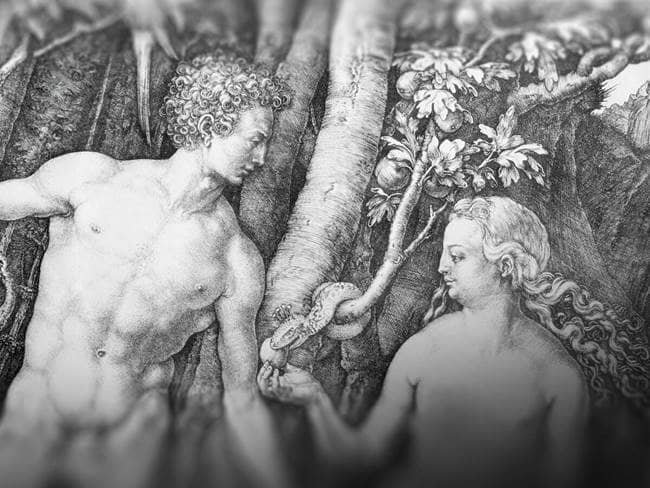The story of Adam and Eve is universally known: the first humans, living in an idyllic world, are forbidden by God to eat from the Tree of the Knowledge of Good and Evil. However, seduced by a cunning serpent, Eve eats the forbidden fruit, leading to catastrophic consequences for the world, a tale of chaos, death, and destruction that echoes to this day.
Yet, according to deeper Jewish teachings, this narrative holds much more than initially apparent. Rabbi Shimon Bar Yochai, a renowned Jewish mystic, dedicated an entire book to exploring the seventy esoteric meanings embedded in just the first word of the Torah, “Bereishit” (“In the beginning”). So, what is the true depth behind the story of Adam and Eve, and what contemporary lessons can we draw from it?
Adam’s Responsibility The first revelation involves our collective culpability in Adam’s sin. Jewish teachings suggest that Adam harbored the souls of every future human within him—over seven billion to date. Before eating the forbidden fruit, Adam engaged in an internal consultation with these souls to decide their collective action.
Misguided Intentions The second revelation is quite startling: Adam believed eating the forbidden fruit would please God. Despite the perfection of life in Eden—free from war, sickness, and suffering—Adam felt unchallenged spiritually. He thought that by making life more complex and difficult, he would demonstrate his earnest spiritual ambition and make God proud. Unfortunately, this was a grave misjudgment.
The Original Serpent The third revelation changes our perception of the serpent. Originally, this creature could walk upright and speak, bearing more resemblance to humans than reptiles. After deceiving Eve, God punished the serpent by removing its legs. This serpent wasn’t just a simple creature but a potent embodiment of evil, presenting a formidable challenge to Adam and Eve with persuasive arguments about gaining godlike knowledge.
Enduring Effects of the Original Sin The fourth revelation deals with the ongoing impact of the original sin. Humanity continues to grapple with the consequences of that primordial error, primarily our arrogance and presumption to know better than God. This arrogance has led to a world filled with suffering and a disconnection from our spiritual and divine essence, causing many to forget their souls.
How do we rectify this? In his book “The Garden of Knowledge,” Rabbi Shalom Arush suggests that the world’s correction hinges on humility. He argues that acknowledging our limitations and enhancing our recognition of the divine can lead to mutual respect, peace, and harmony—essential steps toward amending the original sin.



